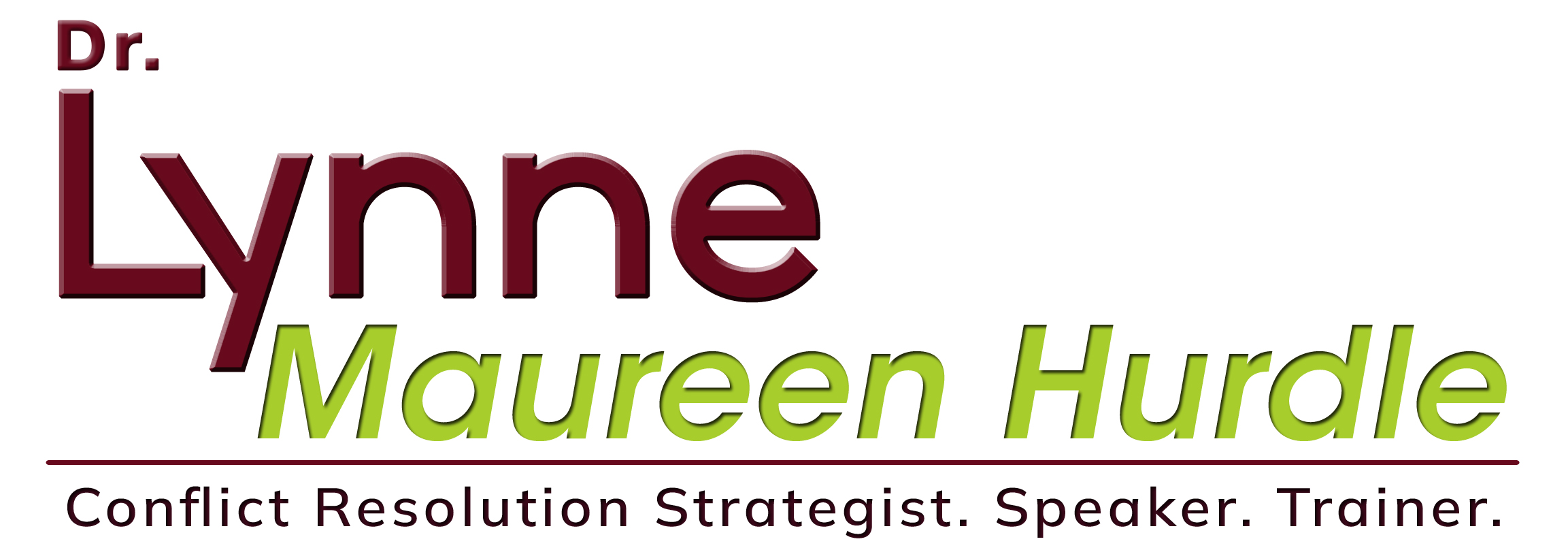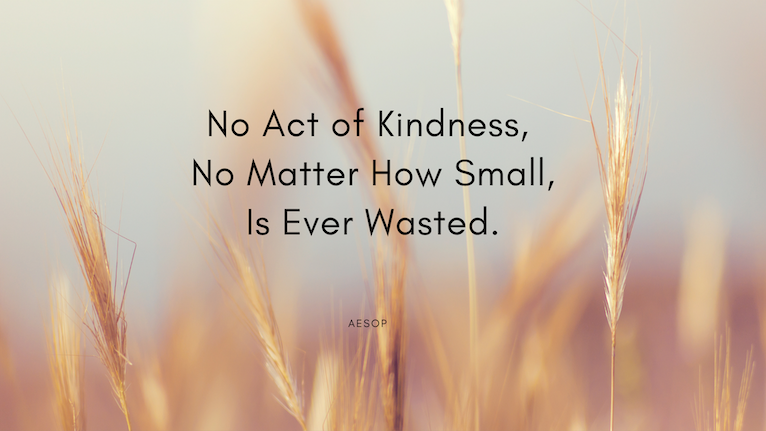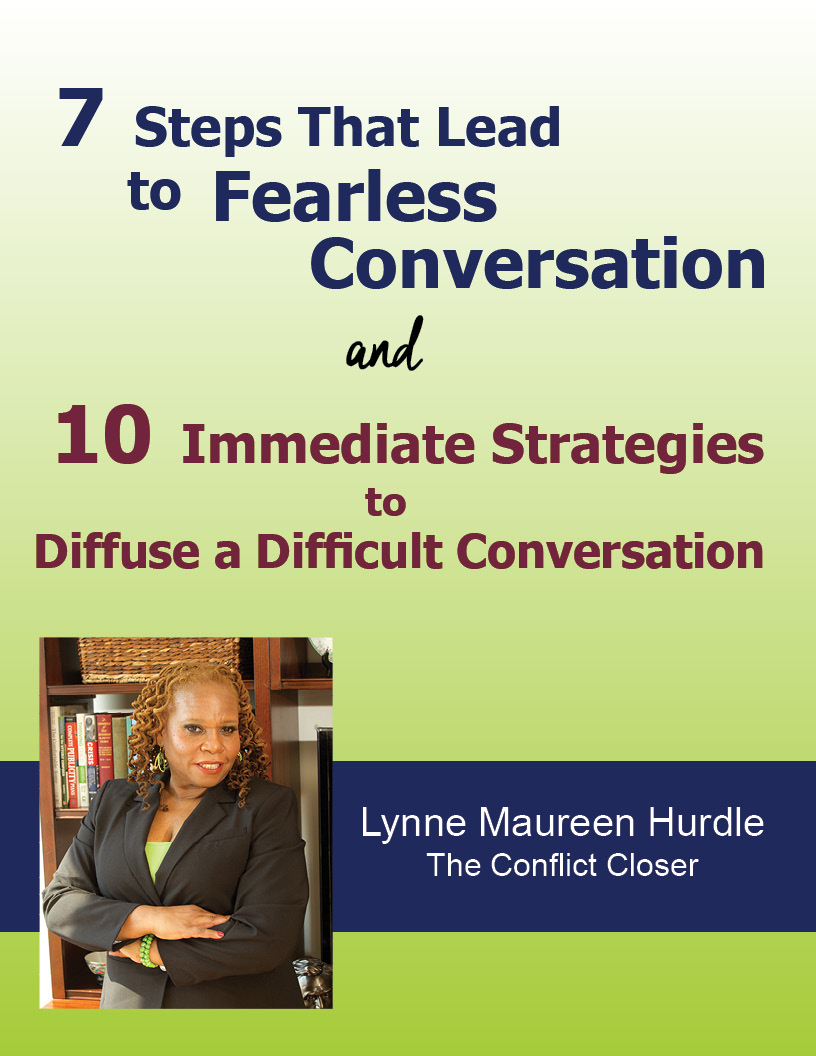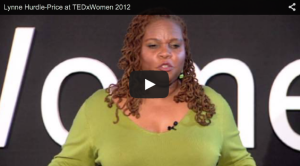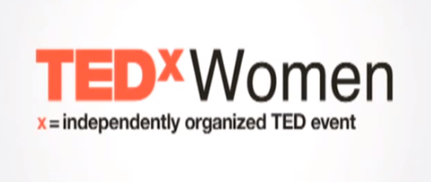A Few How To’s
I was meeting with a client and his two team members on Zoom. I start every client meeting with breathing, and this one was no different. Right before I started setting us up to do our breathing, I asked if one of the team members was going to her car because she had to have her coffee. My client, her boss, started to shake his head and said, “I feel like I solved this problem. Go to your door both of you” he said to them. They both looked somewhat perplexed, but got up and went to their doors.
They were both at their respective homes for this meeting. When they came back, they each had a Starbucks gift. My client had arranged for Starbucks to deliver their favorite coffee and snacks to each of them. This was a team that had just had a difficult conversation and worked through a conflict together a few days earlier. This gesture from my client was in direct response to what they had discussed. It was his way of showing that he had heard them. This had a big impact on them and the conflict.
If you want to have a BIG impact in conflict, you’re going to have to pay attention to the little things.
Observe More Than Speak
My client paid attention to what they each liked. The team members both commented on the fact that he did not just get them coffee, he got their favorite coffee and their favorite snack. He didn’t have to ask them, he had just observed regularly. The act of observing rather than talking is a little thing that can help you gain a lot of useful information in a conflict.
Listen… Just Listen
My client admitted that the conflict started, because he didn’t listen. He heard what they said, but did not listen to what they said, and instead went ahead and talked over and around them and their ideas, and created a hurtful conflict. As leaders, we are in the position to exert our authority and our voice, and we tend to lean on that more often than is good or necessary. When we add just listening to our observing, we show our authority in a very different way, with the confidence to know that we don’t always have to talk to be a leader.
Show Them That They Have Been Heard
The conflict my client had with his team involved being and feeling appreciated and valued. He created conflict by missing the opportunity to appreciate and value his team members at a very crucial moment. Yeah, he blew it, we’ve all been there. In talking with them to resolve the conflict, he admitted that showing how much he values people is not his forte’, but he committed to doing better. Orchestrating this Starbucks surprise certainly showed that he was trying to do better.
As leaders, we may think it is enough to illustrate our point by speaking the words, or worse, thinking they should know without our saying it. Yeah, that requires some explanation because people are not mind-readers so… No, they don’t know. Anyway, Big Impact can be made by showing them that they have been heard. People are often assured by visual displays that reinforce an agreement in conflict.
Big Issues Can Be Impacted By The Little Things.
In my On The Matter of Race Journey, each person starts the journey committing to an action that they will take using the knowledge they are gaining about themselves and racism on this journey. I always tell them to start small. I do that because I know how massive this issue is and how hard it is to tackle, and I want them to stay committed. I also do that because I know the potential is there for Big Impact. So, one person on the journey who started by having conversations with his brother about racism, is now writing a weekly blog on racism and money.
Another journeyer who started out posting on social media is currently hosting a once-a-week online discussion on Whiteness and what it means in her life and in the lives of other White people. A journeyer who has taken this work into her corporate space has gone from bringing it up in conversation with Black colleagues to hiring me to run an On The Matter of Race Journey with senior executives as part of an even larger project to address DEI.
Sometimes as leaders we have to take our teams through difficult, ongoing issues that will take a lot of time to resolve. Focusing on the little things and making them have Big impact can eventually lead to the dismantling of systemic issues.
Someone said…
“Small things can make a big difference. It takes only a small pin to burst a Big balloon.”
This is especially true in conflict. It’s the little things that move us toward resolution every time.
Pay attention to the impact of your little things.
In Love,
Lynne
